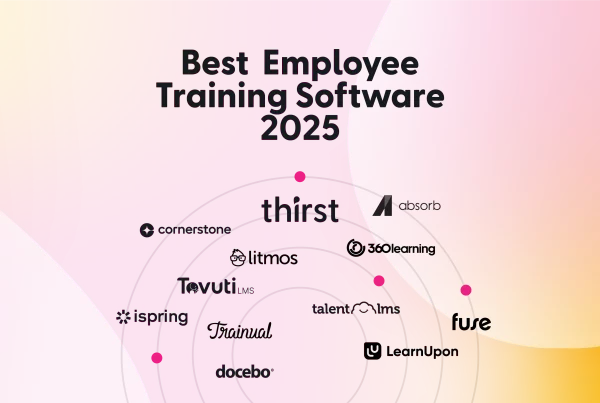Agile. Dynamic. Competitive.
These are the 3 words buzzing around the business world right now. Why? Because companies are having to update their approach to hiring and retaining staff to ensure they have the competitive edge over other companies that are also adapting and innovating fast.
The status quo of traditional hiring for specific job roles has had a shake-up of late, and businesses are realising that in order to keep up, they may have to change the way they’re doing things. “To enable agility and maintain competitiveness, organisations must shift from understanding the unit of work in terms of fixed, static jobs to reimagining it in terms of a dynamic landscape of skills that can be agilely deployed to work as it continuously evolves,” says Deloitte, who are effectively describing what is a skills-based organisation, or SBO.
So, what exactly is a skills-based organisation?
A skills-based organisation (or SBO) is a company that puts skills and capabilities at the centre of their strategy and planning. They look at their existing talent to figure out their next move and organise work based on their employees’ skillsets rather than a job title, an approach that keeps them dynamic and, most importantly, relevant. “SBOs fuel a wide range of talent strategies and business decisions, creating continual adaptiveness and unlocking the full potential of the workforce,” explains Deloitte.
Skills-based recruitment
We’ve talked in the past about skills-based recruitment (which focuses on an individual’s skill set and capabilities rather than academic accolades and achievements) and how it’s helping businesses to hire the best and brightest talent. Organisations are seeing the positive impact of this strategy and are taking things one step further. By hiring people based on their capabilities rather than jobs they may have done in the past, companies are welcoming team players that are willing to switch up positions when necessary.
Jack of all trades, master of none. It’s actually a compliment…
Remember the adage “Jack of all trades, master of none”? An old phrase with the negative connotation of someone who can put their hand to anything but not really do anything particularly well. Interestingly, this saying didn’t start out as an insult. “The phrase was originally used to describe a playwright who was always hanging around the theatres. He would help with the stage, the set and the costumes. He would remember lines and try directing. This so-called jack of all trades was in fact William Shakespeare. The full phrase is “a jack of all trades is a master of none, but oftentimes better than a master of one.” It was a compliment,” explains Forbes, and it’s a recruitment and structural approach many employers and organisations are using more and more today. By keeping team members moving, growing, developing in new areas, and upskilling, businesses are utilising their existing talent pool to tackle new challenges and keep up with ever-changing market trends.
Broader knowledge leads to greater understanding
With trends changing constantly (just take a look back at social media over the last 5 years – goodbye Snapchat, hello TikTok) it makes no business sense to have an entire workforce that are each laser focused on doing one thing. Caging up your talent can be just as damaging as caging up a wild animal. Think of all that potential to run and hunt and evolve being wasted because no one unlocked the door. “Businesses need to respond to disruption near instantaneously, and the pace of change is only getting faster,” says Gloat. “Leaders recognise that agility is a requirement to thrive in their next chapter and that agile enterprises are fuelled by skills. As a result, the concept of skills-based organisations is now dominating talent management discussions.”
How Does it Work?
SBOs don’t use job roles to organise work, instead looking at skillsets when launching a new project. “This approach enables skills-based organisations to achieve greater agility because they can pivot and reallocate talent quickly to respond to changes in real-time,” explains Gloat. Free-flowing talent is the name of the game, and when the label of a specific role is gone, team members are free to contribute wherever they’re needed, across the organisation.
Are SBOs the Future?
This type of structure wouldn’t necessarily work in all industries, but for many, it’s beginning to make more and more sense to look internally at the team members they have and to start moving forward and strategising based on their existing tapestry of talent. The days of asking people what job they do might be well and truly behind us. Maybe we should start asking each other which skills we posses instead?







